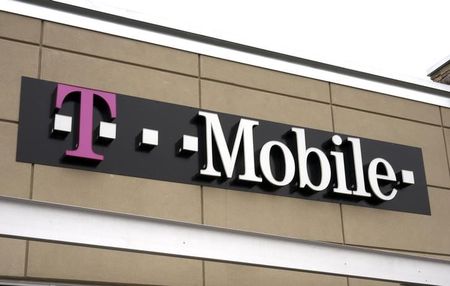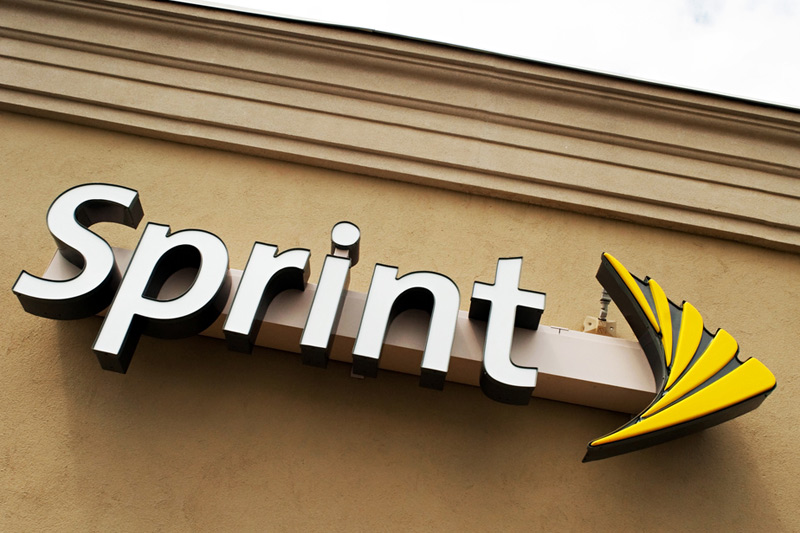By Marina Lopes, Soyoung Kim and Liana B. Baker WASHINGTON/NEW YORK (Reuters) - The long-anticipated merger of Sprint Corp and T-Mobile US Inc is not expected to occur before September, with the companies continuing due diligence and preparing a detailed case for a deal before U.S. regulators, according to people familiar with the matter.
Japan's SoftBank Corp, which controls Sprint, and T-Mobile owner Deutsche Telekom AG have agreed to broad terms of a deal, under which Sprint would pay around $40 per share for T-Mobile, valuing the smaller rival at nearly $32 billion (£18.89 billion), Reuters reported in early June.
Despite agreeing to other key terms such as break-up fees, the proposed transaction is taking extra time to finalise, partly because the companies are keen to bulletproof their arguments for a merger that is sure to face heavy regulatory scrutiny, two of the people familiar with the matter said on Tuesday.
All the people asked not to be named because the discussions are private.
Representatives for Deutsche Telekom could not be immediately reached for comment, while representatives for Sprint, T-Mobile and SoftBank declined to comment.
Analysts see the regulatory challenge as the biggest hurdle facing the companies since both the U.S. Federal Communications Commission (FCC) and Department of Justice (DOJ) have expressed a desire to have at least two more network operators competing against the market leaders AT&T and Verizon.
SoftBank Chairman Masayoshi Son has argued to U.S. regulators that a merger would give the companies leverage to compete against the two dominant rivals. A combined Sprint-T-Mobile would boast more than 100 million subscribers, still behind both Verizon and AT&T.
SoftBank is also likely to argue that the huge pending mergers of Comcast Corp with Time Warner Cable Inc, and AT&T with DirecTV, would further marginalise Sprint and T-Mobile.
But top U.S. antitrust and communications enforcers have already warned that the wireless market is too concentrated. In 2011 the Justice Department stopped a bid by AT&T to buy struggling T-Mobile.

Others say recent approval of a merger between US Airways and American Airlines was a sign regulators could be convinced of the merits of a deal that reduces the number of competitors but creates a stronger number three.
(Reporting by Marina Lopes in Washington, Soyoung Kim and Liana Baker in New York)
